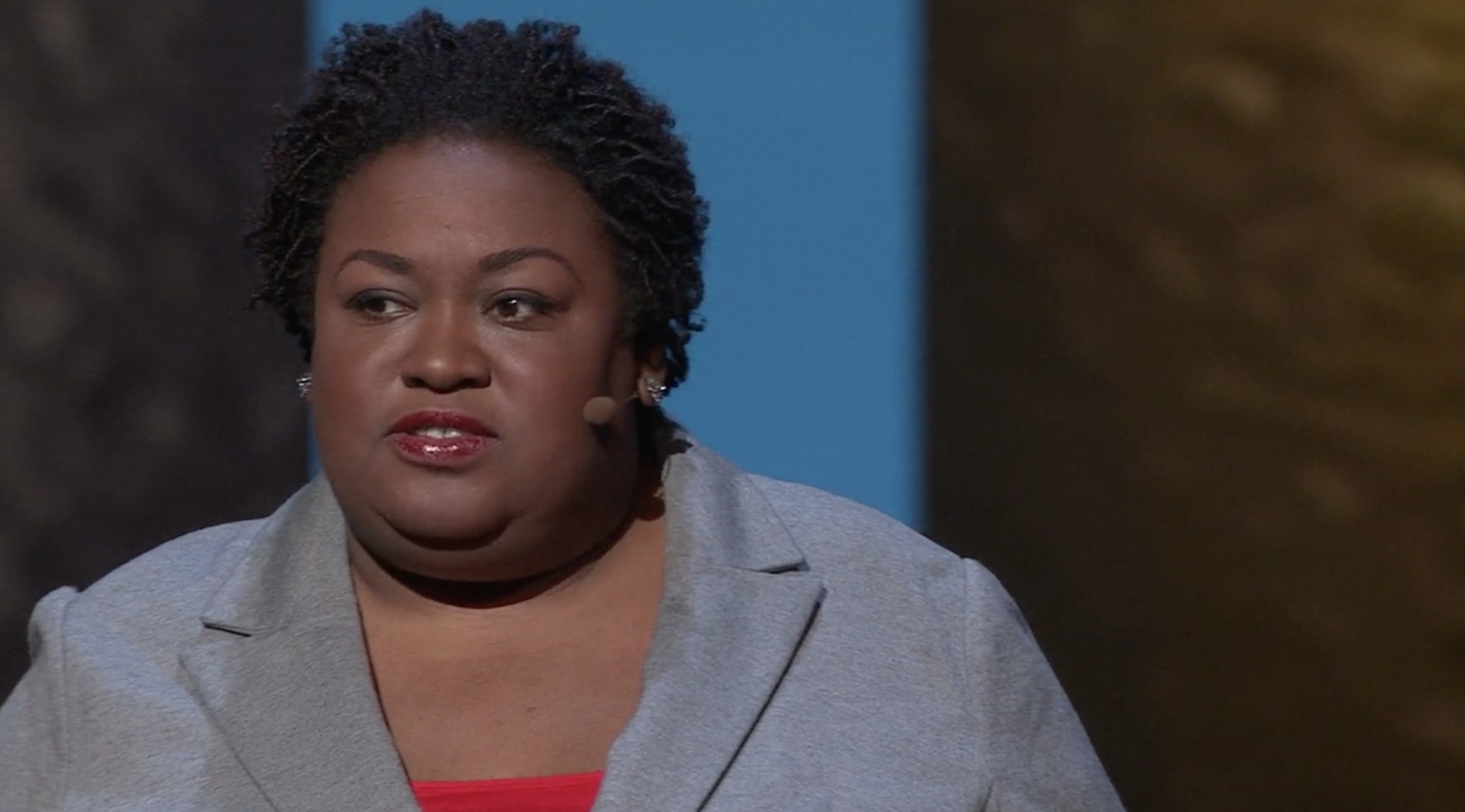For the Black community, the topic of time has always teetered on the line between making light of our tardiness or discussions surrounding the longstanding stigma of lateness. In a recent interview with NPR, one professor expertly broke down how time arguably has longstanding racial undertones.
Brittney Cooper is an associate professor of women’s and gender studies and Africana studies at Rutgers in New Jersey and spoke with Guy Raz for the TED Radio Hour on March 29 about the perception regarding time and how the white community stole the idea of time from Black people. The majority of the conversation focused on first acknowledging the past and moving forward as a community, which Cooper first spoke openly about during a 2016 TED Talk in San Francisco, California.
"If time had a race, it would be white," Cooper asserted.
The Howard alum expanded on this argument and used the age-old theory of "colored people time" to support her claim. The Black community has unintentionally used CP time as an avenue to justify lateness, and it's been a running theme in comedic skits or dramatic works. Cooper used her mother as inspiration for why she's an advocate for punctuality.
"I personally am a stickler for time," she declared. "It's almost as if my mother, when I was growing up, said, 'we will not be those Black people.' So we typically arrive to events 30 minutes early."
When Raz asked Cooper to elaborate on how time has a race, the scholar used the industrial revolution as a basis for her assessment.
"So when I say time has a race, I'm saying that the way that we position ourselves in relationship to time comes out of histories of European and Western thought," Cooper explained. "And a lot of the way that we talk about time really finds its roots in the Industrial Revolution. So prior to that, we would talk about time as merely passing the time. After the Industrial Revolution, suddenly, we begin to talk about time as spending time."
She continued her debate by saying the notion that Black people were not game changers in a historical context is a focal point of white supremacy, and that is why efforts to honor accomplished minorities for an entire month once a year began in 1926.
"Now, we also see this idea that Black people are people either alternately outside the bounds of time or stuck in the past in a scenario where, much as I'm doing right now, a Black person stands up and insists that racism still matters, and a person – usually white – says to them, why are you stuck in the past? Why can't you move on? We have a Black president. We're past all that."
Raz concluded the discussion by inquiring about why white Americans struggle with accepting the past for what it was: an assault on the liberties of the minority community.
Cooper argued that white Americans laud themselves as working very hard, accomplishing things with little to no assistance. When others refute these claims and question how unassisted their work was, white Americans become defensive.
"Our ancestors were negotiating these conditions, and your ancestors positioned you to benefit greatly," Cooper said. She then called out white people for failing to "take accountability for being beneficiaries of centuries of inequality" and neglecting to "recognize that no one is commenting on your personal morality." In her final statements, Cooper said that if Americans are going to champion this idea of liberty, equality and justice, then being comfortable with acknowledging some inaccuracies in that ideology is important.
Watch Brittney Cooper's 2016 TED Talk below.
Now, check these out:
Colorado Student Harassed By Police For Picking Up Trash Now Has Trouble Sleeping
